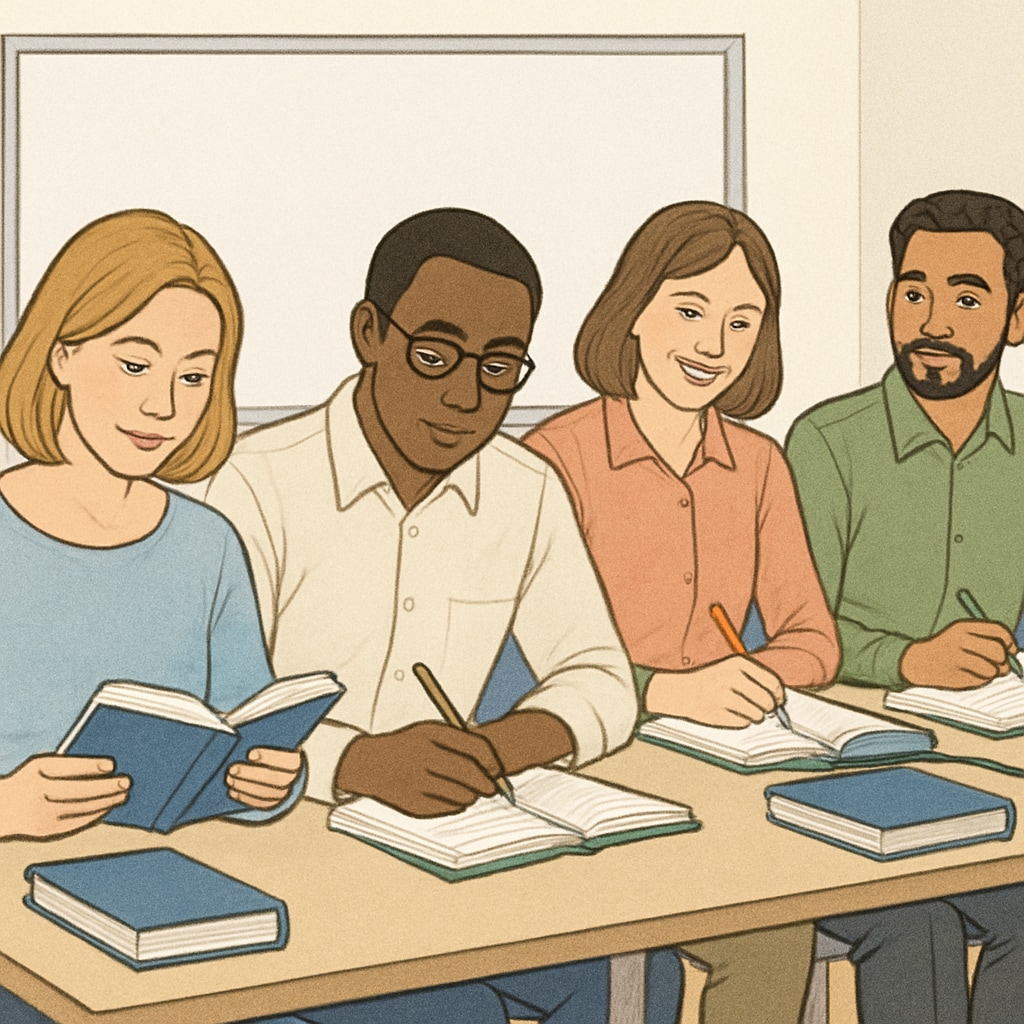Many individuals holding a modified high school diploma often experience regret, questioning how this academic background may impact their future. The good news is that opportunities for change and self-improvement exist within today’s flexible education systems. By embracing lifelong learning and leveraging accessible resources, anyone can overcome the limitations of their high school credentials and unlock new possibilities for personal and professional growth.
Why a High School Diploma May Lead to Regret
For some, holding a revised or modified high school diploma can feel like an enduring limitation. This sentiment often stems from concerns about how potential employers, colleges, or peers perceive the diploma. In certain cases, the modified diploma may not meet the entry requirements for higher education or certain job roles, leaving individuals at a disadvantage.

However, it is important to understand that these feelings of inadequacy are common and shared by many. According to studies on educational regret, individuals often reflect on missed academic opportunities later in life. Such regrets can be a powerful motivator, pushing people to seek out ways to improve their circumstances and achieve their goals.
Opportunities to Modify or Supplement a High School Diploma
While the regret over a high school diploma can feel overwhelming, there are actionable steps that individuals can take to modify or supplement their credentials:
- GED Programs: The General Educational Development (GED) test offers an alternative for those seeking to demonstrate high school-level knowledge and skills. Many institutions and employers regard the GED as equivalent to a traditional high school diploma.
- Adult Education Classes: Local education centers often provide adult education courses that allow participants to earn a standard diploma or gain new skills.
- Online High School Programs: Accredited online schools offer flexible options to earn or re-earn a high school diploma, often tailored to adult learners.
These pathways not only provide individuals with the credentials they need but also instill a sense of accomplishment and renewed confidence.

The Role of Lifelong Learning in Personal and Professional Growth
Regret over a high school diploma does not have to define one’s future. Lifelong learning is a powerful tool that allows individuals to continuously adapt, grow, and evolve. Education does not end with high school; instead, it can be a lifelong journey. Whether through community college courses, vocational training, or professional certifications, there are countless ways to gain new skills and qualifications.
For example, platforms like Coursera and edX offer affordable, high-quality courses from top universities worldwide. These courses can help individuals build expertise in specific areas, often without requiring a traditional high school diploma. Additionally, vocational training programs in fields such as healthcare, technology, and trade offer hands-on learning experiences that lead to high-demand careers.
Embracing a Growth Mindset
Ultimately, the key to overcoming regret related to a high school diploma lies in adopting a growth mindset. This mindset emphasizes the belief that abilities can be developed through dedication and hard work. By focusing on what can be achieved rather than dwelling on past limitations, individuals can reshape their lives in meaningful and rewarding ways.
It is also helpful to seek support from mentors, counselors, or peer networks. Many organizations specialize in helping individuals navigate educational and career transitions, providing guidance and encouragement along the way. Remember, it’s never too late to pursue the life you envision for yourself.
In conclusion, while regret over a high school diploma may feel like a hurdle, it is far from a dead end. By exploring alternative educational pathways and embracing lifelong learning, individuals can turn feelings of inadequacy into opportunities for growth and transformation.
Readability guidance: Use concise paragraphs, actionable advice, and positive reinforcement. Transition words like “however,” “in addition,” and “as a result” ensure a smooth reading experience. Lists summarize key points for clarity.


